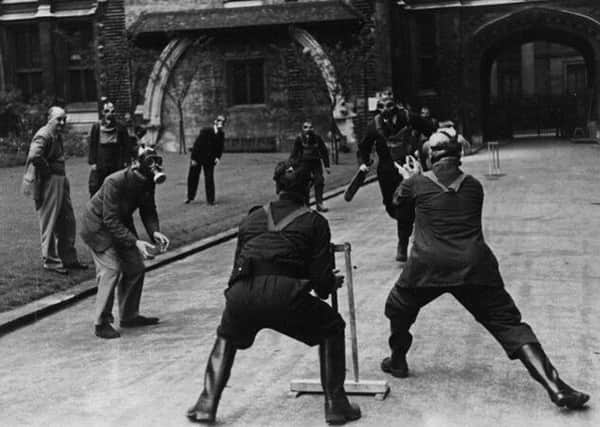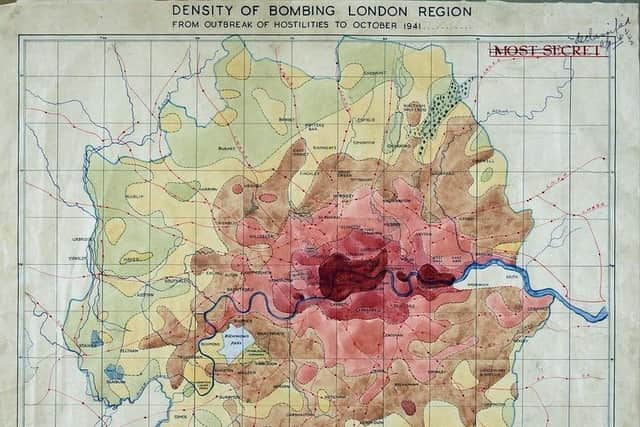THROUGH THE ARCHIVES: From the News Letter of February 1941


The Home Office in London had recently accepted an offer made by the Ulster government to send batches of firemen to do exchange duty in bombed areas in England, reported the News Letter during this week in February 1941.
In accordance with this arrangement, 25 men from Northern Ireland were taking spell of duty with the London brigade, noted the News Letter.
Advertisement
Hide AdAdvertisement
Hide AdThe party, consisting of four regular firemen, seven “whole-time” members at the Auxiliary Service, and 14 part-time workers had arrived in London and had been met at Euston station by Mr W E Norwood, a superintendent at the London Brigade’s headquarters on the Albert Embankment, Station-Officer Teskett, the New Cross Station, and Mr E P Northwood of the Ulster Office in London.


The News Letter reported that the men had been been divided into four groups, “in order that they may be employed at a corresponding number sub-stations”.
In welcoming them to London, Superintendent Norwood urged them to gain as much experience as possible, and said he hoped that they would not hesitate to ask questions as a means of getting information.
Eire neutrality opposed by Irish resident in Britain
Eire’s continued neutrality in the Second World War was firmly opposed in February 1941, reported the News Letter’s London correspondent, when a large number of men and women who had been born in southern Ireland were now resident in Britain.
Advertisement
Hide AdAdvertisement
Hide AdThe following resolution was moved by the chairman and seconded by Major O’Neill Power: “That this meeting of Irish men and women living Great Britain wish to proclaim their loyalty to His Majesty King George and the Constitution of the British Empire, of which the South of Ireland is a Dominion part, and their support of the war aims of Britain and her Allies under the leadership of the Prime Minister for the liberation of the world from the tyranny and persecution.”
For more of about this story see my new blog: https://wordpress.com/view/throughthearchives.wordpress.com.
Comment Guidelines
National World encourages reader discussion on our stories. User feedback, insights and back-and-forth exchanges add a rich layer of context to reporting. Please review our Community Guidelines before commenting.